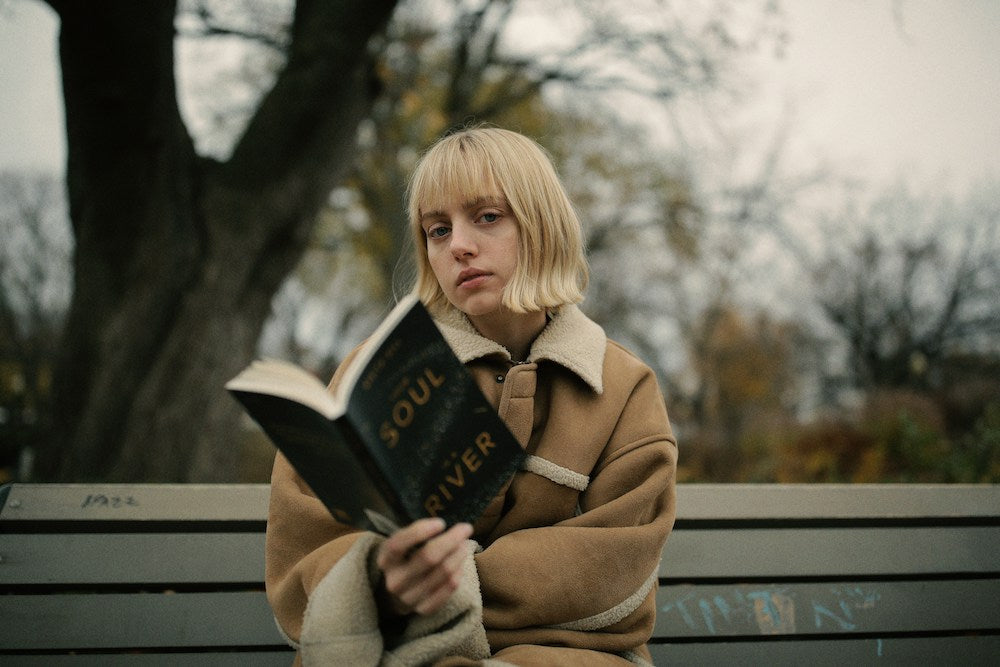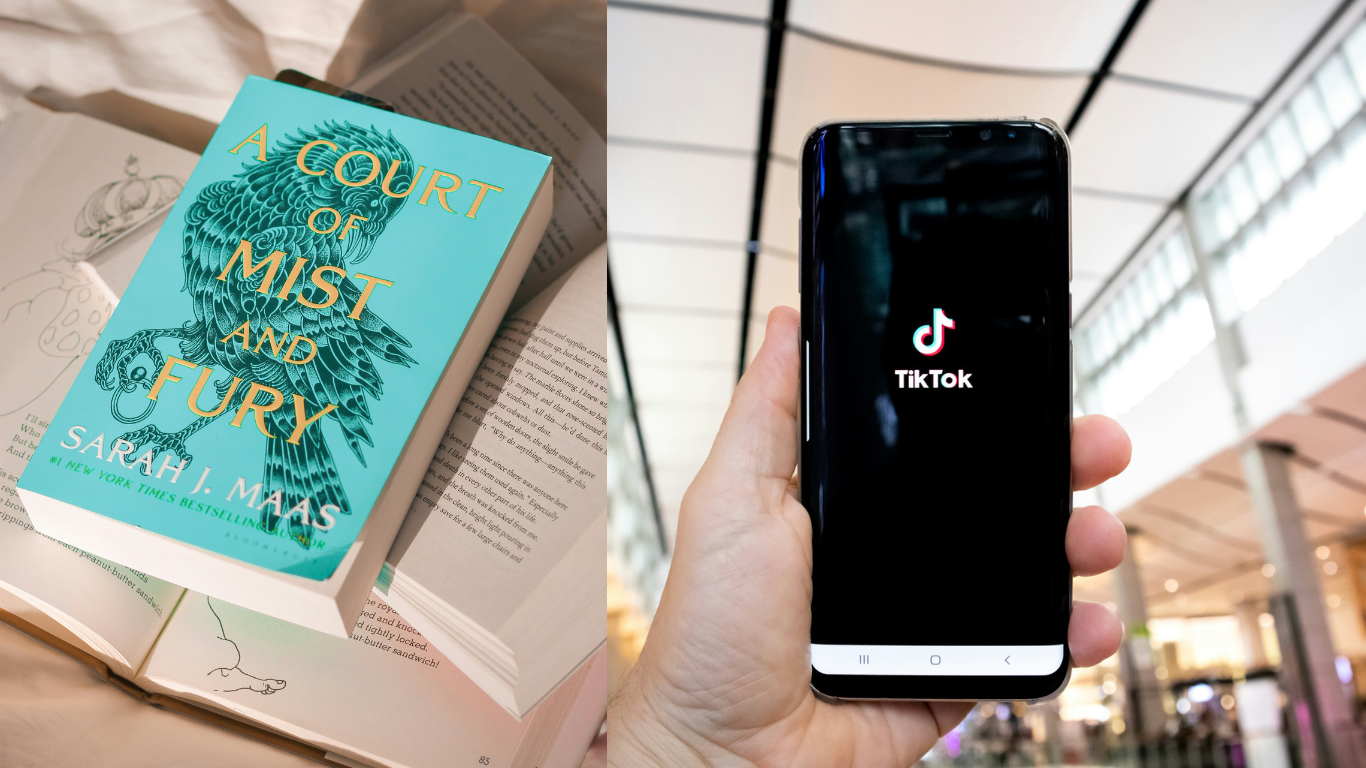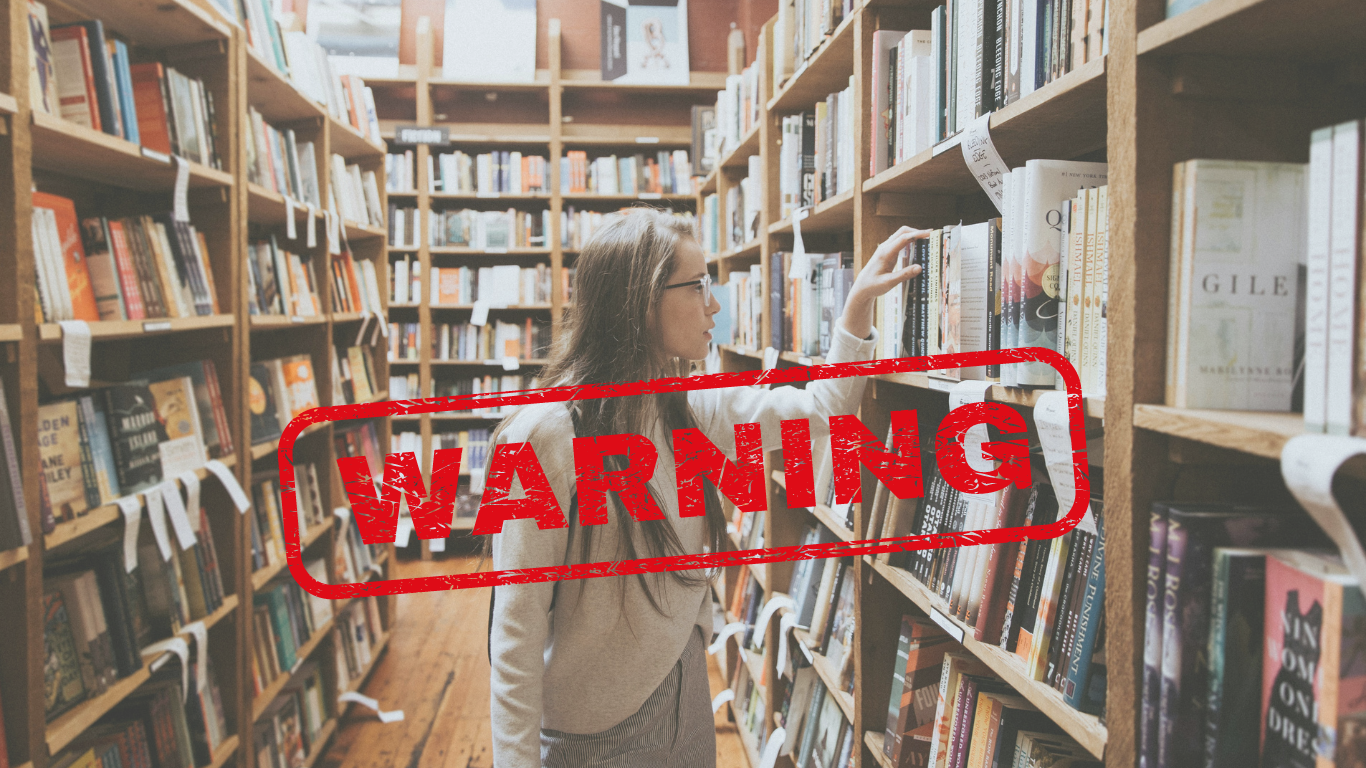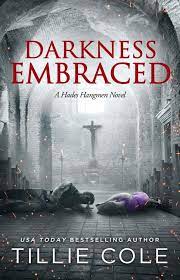Blog From Our Shelf, Page, Book Newsletter
A few week's ago, one of our favorite Booktubers, (Youtube Book Reader) EmilyReadsBooks sparked an interesting conversation around Books being adapted into movies and it inspired us to tackle this topic for this week's case study.
With that being said let's start from the beginning.
History is unsure when the first official book was turned into a movie but they have a few notable options.
The first is a fan favorite… Cinderella. Yes, along with King John by the famous William Shakespeare, Cinderella was actually one of the earliest book to movie adaptation in 1899. These were by no means long or feature length films but hey Cinderella has stood the test of time.
Other early examples of a successful book adaptation is 1902's "The Great Train Robbery", which was based on a story by Scott J. Davis. The film was a major hit, and is credited with helping to establish cinema as a mainstream form of entertainment.

( Photo by Ricky Turner)
Since then, there have been many successful book adaptations, including "The Wizard of Oz" (1939), "Casablanca" (1942), "The Godfather" (1972), and "The Lord of the Rings" (2001-2003). These films were all praised by critics and fans alike, and went on to become some of the most iconic movies of all time.
But like another Disney movie, Snow White, there have also been some bad apples.
In fact, many films have been panned by critics, with some even being labelled as "ruined" versions of the original story. A few infamous examples include 2011's "Percy Jackson", 2016's "Assassin's Creed", and 2017's "King Arthur: Legend of the Sword".
So the question becomes what makes a successful Book to Movie adaptation?
Our Thoughts:
1 - The Author should be including from the beginning of the movies adaptation.

(Photo by Darius Bashar)
Examples: Peter Jackson with the Lord of the Rings, JK Rowling with Harry Potter and Angie Thomas with The Hate U Give.
When you have the author apart of the movie, the story keeps its true nature and tone. The Author gives deeper meaning and understanding to the details of the story. And as a filmmaker your goal is to turn those non-verbals (and as Robert McKee, author of 'Story', calls them "Gaps") into visual masterpieces.
"The Gap - Story is born in that place where the subjective and objective realms touch."
2 - TV Adaptations Vs. Movie Adaptations
Examples: Handmaid's Tale, Bridgerton, Game of Thrones
EmilyReadsBooks said it best in her youtube video so we will attach it here but, ultimately most book to movie adaptations suck because those stories were never suppose to be movies in the first place.

(Photo from @EmilyReadsBooks Youtube)
Why condense a 700 page novel into a 2 hour movie when you could turn it into a 15-Episode TV Show that tells the story in its entirety?
This allows the audience to take in the story without feeling like their favorite story got cut short.
Oh yeah while we are on the point of audience let's go to our last thought.
3 - Bring the audience in on the action

(Photo by Umid Akbarov on Unsplash)
If you are making a story for book lovers to enjoy on a new medium consult and talk to the people that are going to be the first to buy and promote the project (Yes 1+1 still equals 2). Bring them in on the action from the beginning, let them be involved in some of the decision making and they will feel uniquely interested in the successful outcome of the project as a whole!
That's just our 3 cents, let us know what you think and give us a reply back! Who knows maybe one day we will produce a book on the big screen 😜






